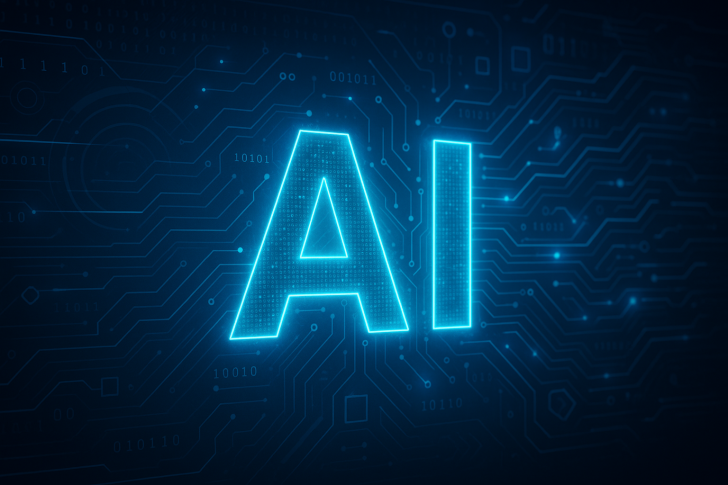Artificial intelligence is reshaping advertising faster than anyone expected. Mondelez International, maker of Oreos, Cadbury, and dozens of other snack brands, just unveiled its own AI-powered video generation system for creating television commercials. The $40 million investment isn't just about cutting costs—it's a bet that AI will fundamentally change how ads are conceived, produced, and delivered to audiences worldwide.
From Film Crews to Algorithms
Technology analyst Andrew Curran recently revealed that Mondelez has successfully trained its proprietary AI model, cutting production costs by 30-50%. That's a massive shift from the traditional approach, where creating a single TV ad meant expensive shoots, large crews, and weeks of editing. Now, AI can generate multiple ad variations in days instead of months—rendering scenes, characters, and motion automatically while maintaining the emotional tone and storytelling quality of human-made commercials.
The economics are striking. A typical 30-second TV commercial costs $300,000 or more to produce. With AI slashing that figure in half, companies like Mondelez—which operates globally across dozens of brands—could save tens of millions annually. Beyond cost savings, AI enables instant customization. Brands can fine-tune visuals, adapt messaging for different regions, and test countless variations without needing new shoots or studio time. For a company managing everything from Oreo to Toblerone across multiple markets, that flexibility is transformative.
The Blurring Line Between Real and Synthetic
Curran noted that by next year, it may be "difficult to tell if an ad is AI-generated." That's not hyperbole. Tools like OpenAI's Sora, Runway's Gen-3 Alpha, and Pika Labs are already pushing generative video toward cinematic realism. As the technology improves, the distinction between footage shot by cameras and content created by algorithms is disappearing fast. That raises real questions about transparency. Should companies disclose when ads are AI-generated? How will audiences react when they can't tell the difference? And what does "authenticity" even mean in marketing anymore?
Mondelez's move signals that AI-generated advertising isn't some distant future—it's happening now. Other major brands will almost certainly follow, turning ad production into a hybrid of human creativity and machine efficiency. The technology promises endless scalability and personalization, but it also forces the industry to confront uncomfortable questions about disclosure and trust.
Within a year, you might be watching commercials that look perfectly real but were never filmed—just imagined by an algorithm trained to think like a storyteller. Whether that's exciting or unsettling probably depends on where you sit. But either way, the advertising revolution is already underway.
 Saad Ullah
Saad Ullah

 Saad Ullah
Saad Ullah


